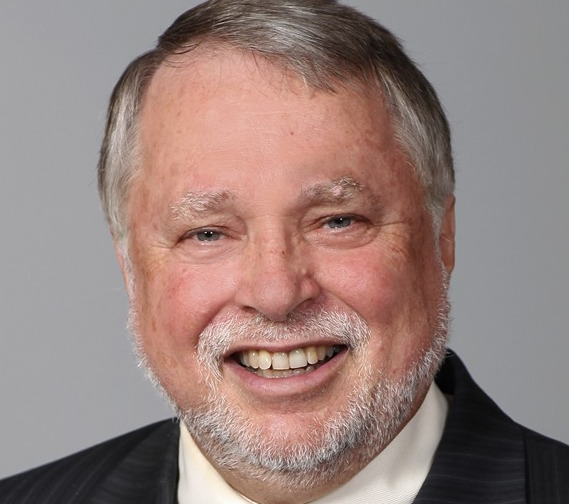Campaign Fairness congratulates province on proposed municipal election reforms

If you can’t vote, you shouldn’t influence the vote, says group’s co-founder
News release from Campaign Fairness
Today the Ontario Ministry of Municipal Affairs and Housing announced their intention to change the Municipal Elections Act to allow municipalities to ban corporate and union donations to municipal election campaigns, a power the City of Toronto has had since 2006.
“Allowing municipalities to ban corporate and union contributions is a good step towards making city elections fairer and removing some of the influence of the development industry. Voters need to pressure their councils to pass the enabling bylaw before the end of 2017 so the next elections can be free of corporate and union influence,” says York University’s Political Science Associate Professor Robert MacDermid.
“We want to make democracy as simple as 1,2,3,” the Minister of Municipal Affairs and Housing, Ted McMeekin said in response to Campaign Fairness’ question about the process through which municipalities would make the change to ban corporate and union contributions. McMeekin said municipalities would need to have a number of public meetings to hear the public’s feedback on the idea of banning corporate and union contributions.
Since 2010, many of the people involved in Campaign Fairness have been calling for a ban on corporate and union financing to level the playing field for all municipal candidates. “When we realized that some of the province’s best planning and environmental legislation would not be implemented, in the full spirit of the legislation, due to some Councils being too heavily stacked in favour of developers’ interests, we decided it was time to go after campaign contributions. We hope that today’s announcement brings about changes to Councils’ composition to weigh more heavily in the interests of the environment, people, and good urban planning,” says Robert Eisenberg, Chair and Co-Founder of Campaign Fairness.
The group thinks the time is right for change. David Donnelly, Co-Founder of Campaign Fairness and an environmental lawyer, says, “Now Ontario is on its way to catching up with modern election practices. Four provinces, the City of Toronto, and Canadian federal elections all prohibit corporate and union contributions.”
Third party advertising, for or against candidates, does need to be regulated as it is in provincial and federal elections, Campaign Fairness argues. Until now groups can mount campaigns for or against candidates anonymously, without registering. This makes it impossible for victims of smear campaigns to go after their attackers. The province’s proposes to create a framework to regulate 3rd party advertisers. Those advertisers would need to be eligible to vote, with a name and contact information, and they would need to identify themselves on campaign signs.
Campaign Fairness relies on York University’s Political Science Associate Professor Robert MacDermid’s analysis of campaign contributions to support their call for a ban on corporate and union contributions. Professor MacDermid undertook an extensive analysis of 2014 Ontario municipal election candidates’ campaign contributions. The findings are in a report, entitled: “If it’s Broke, Fix it: A Report on the Money in Municipal Campaign Finances of 2014” to be released officially on Wednesday, April 6th at the Campaign Fairness’ Queen’s Park Reception for MPPs. The report is now on the website www.CampaignFairness.com.
Analysis of the 2014 municipal election campaign financing in the Lake Simcoe watershed area revealed:
-Corporate funding influences the outcomes of elections.
-Candidates taking contributions from the development industry were twice as likely to be elected as those who did not report such contributions.
-Too few citizens contribute to campaigns. Less that half of one percent of the population contributed to a campaign. Corporations gave more money to candidates than did citizens.
-Money from the development industry makes up more than half of all money from corporations.
-The development industry’s contributions to candidates made up 54% of the total corporate contributions.
-The development community spends more on elections where there is more development taking place. Higher total values of construction activity for 2014 based on building permits issued were matched with high percentages of development industry contributions.
-More than half of the total contributions to candidates came from outside of the municipality where the candidate was campaigning.
-Almost 60% of the corporate contributions to candidates came from outside the municipality where the candidate was running.
-The stigma of taking corporate funding may be affecting candidates’ fundraising choices.
-More candidates are self-funding their campaigns, perhaps due to changing values about campaign financing, or in response to public pressure or our awareness-raising campaign.
—
Campaign Fairness asks that the Province of Ontario ban corporate and union contributions to municipal election campaigns to level the playing field among candidates. www.campaignfairness.com









Leave a Reply